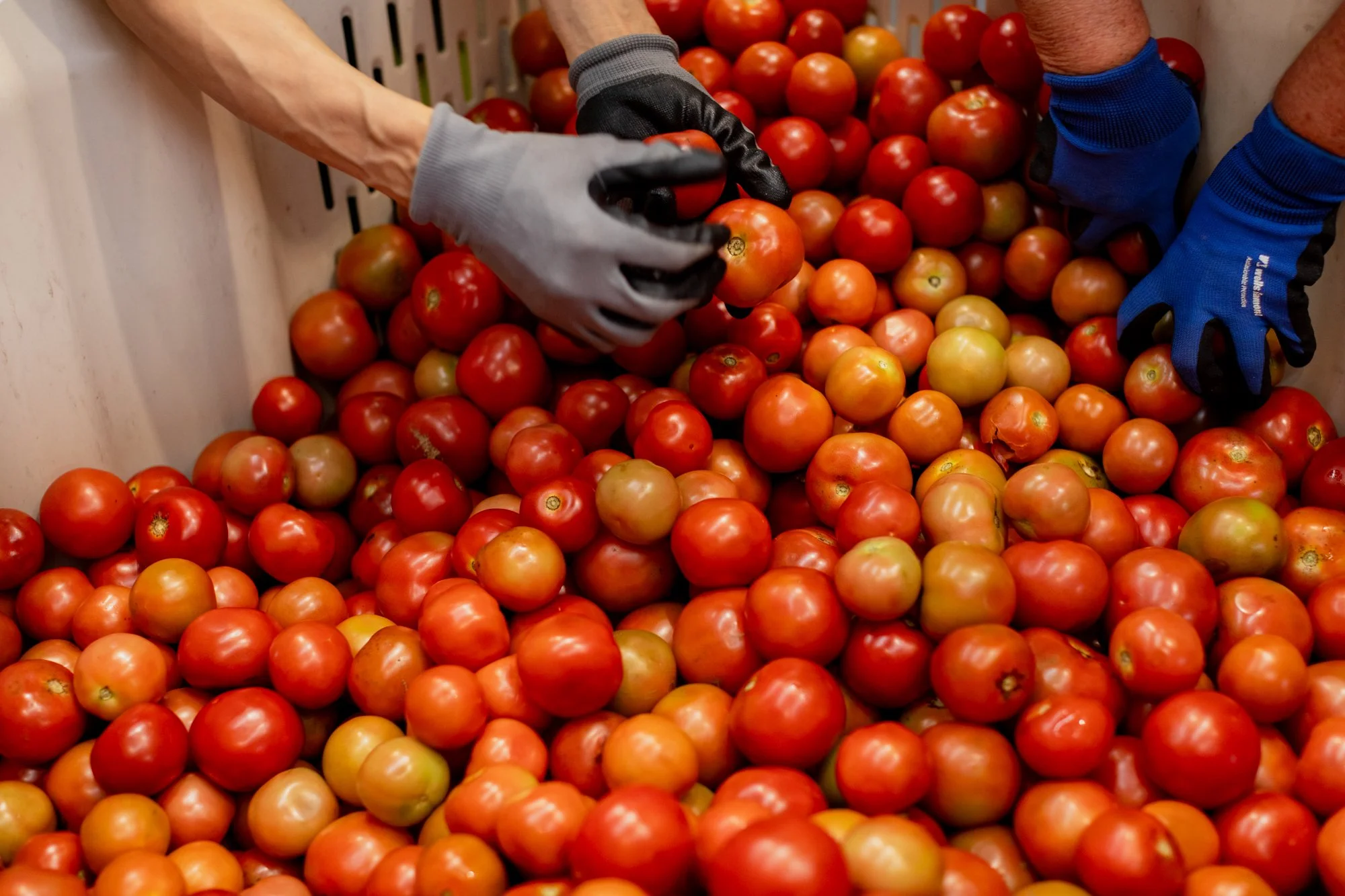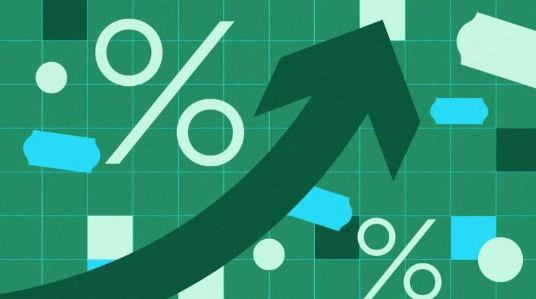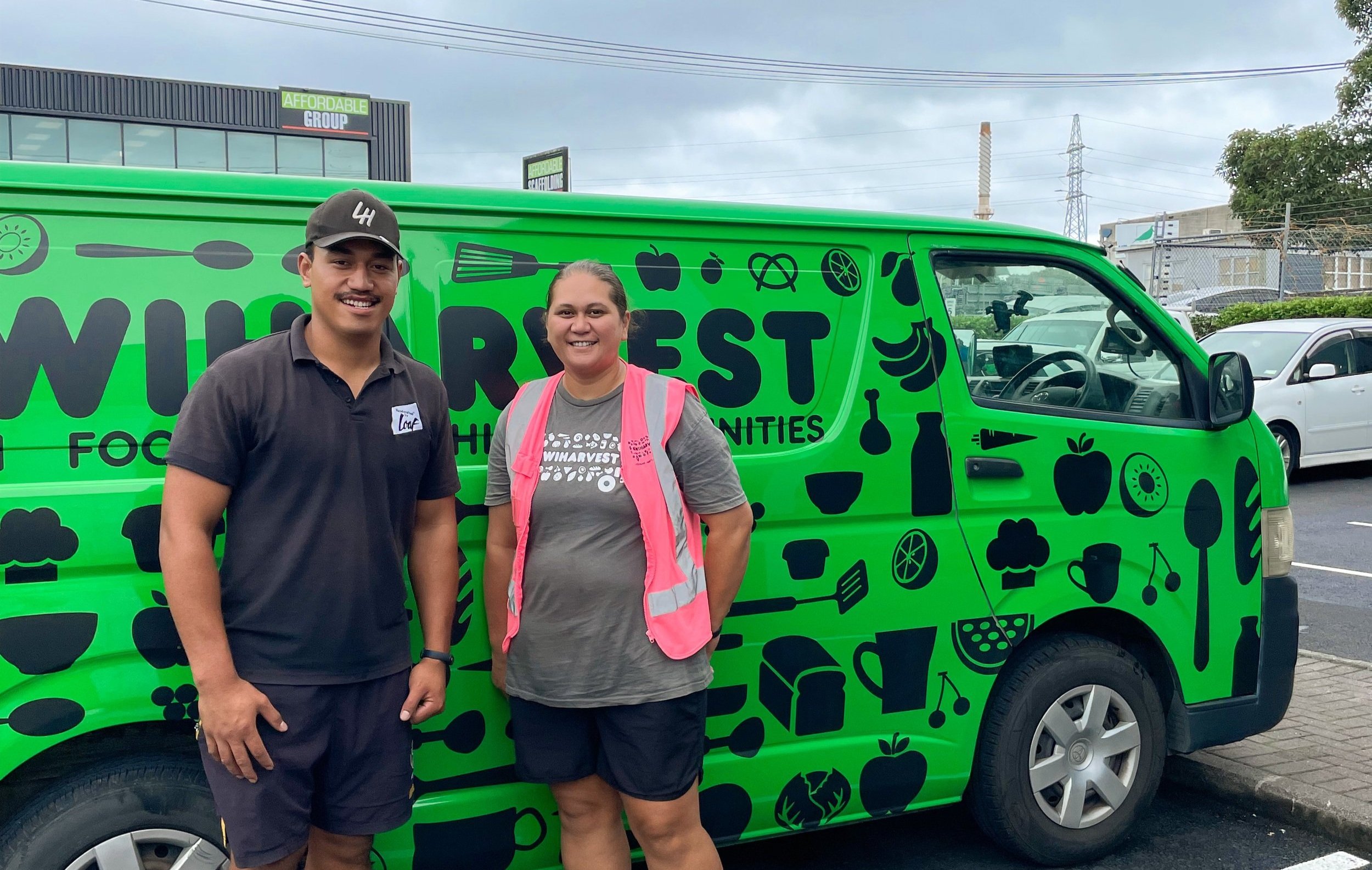KiwiHarvest Blogs

Celebrating Community Champions: Haylee’s Incredible Impact in Bluff with KiwiHarvest
At the heart of Bluff’s community is Haylee from Hayz At The Anchorage, whose community efforts have brought people together through food and connection


The High Standards of Food Rescue
At KiwiHarvest, our commitment to quality and safety is paramount. We go to great lengths to ensure that every item of food we rescue meets strict safety standards, because our top priority is not just feeding communities but nourishing them with high-quality, safe food. Our volunteers often express their amazement at the exceptional quality of the food they sort through.

KiwiHarvest’s Role in Reducing CO2 Emissions
Food waste is a major contributor to greenhouse gas emissions. Today it is estimated that 30% of the food produced globally ends up in landfills. All along the food production line, from farms to distribution centers, grocery stores, restaurants and home kitchens, food is getting wasted along the way. This waste is equal to 1.3 billion tonnes of fruits, vegetables, meat, dairy, seafood, and grains that end up destined for landfill.

The Far-Reaching Impact of a $5 Donation to KiwiHarvest
Food insecurity in New Zealand is at an all-time high, with 21 % of Kiwi children now living in households where food runs out sometimes or often. Combined with the rising cost of food, New Zealand has reached a crisis point,

Embrace Sustainability: The Business Benefits of Partnering with KiwiHarvest
Reducing food waste is a critical aspect of environmental sustainability. By collaborating with KiwiHarvest, your business actively contributes to decreasing greenhouse gas emissions, aligning with global environmental goals. This commitment to sustainability can also open up doors to new markets and customer segments.

‘I’ve been involved in the non-profit sector for over a decade - this is what I’ve learned’
‘I’ve been involved in the non-profit sector for over a decade - this is what I’ve learned’. Read the first article in David Kirk’s op-ed series on the non-profit sector.

What’s the big idea? Why stress testing your business concept is vital
‘What's the big idea? Why stress testing your business concept is vital’. Read the second article in David Kirk’s op-ed series on the non-profit sector.

Stress testing you: are you up to the big idea?
‘Stress-testing you: Are you up to the big idea?’. Read the third article in David Kirk’s op-ed series on the non-profit sector.

Why quantifying the good you do is important business
‘Why quantifying the good you do is important business’. Read the fourth article in David Kirk’s op-ed series on the non-profit sector.

‘Scalability is just as important for non-profits: Here's why’
‘Scalability is just as important for non-profits: Here's why’. Read the fifth article in David Kirk’s op-ed series on the non-profit sector.

‘You’ve developed your big idea, now it’s time to write your business plan’
‘You’ve developed your big idea, now it’s time to write your business plan’. Read the sixth article in David Kirk’s op-ed series on the non-profit sector.

‘Budgeting for financial sustainability in a social venture’
‘Budgeting for financial sustainability in a social venture’. Read the seventh article in David Kirk’s op-ed series on the non-profit sector.

‘Fundraising: Overcoming your fear of asking for money’
‘Fundraising: Overcoming your fear of asking for money’. Read the eighth article in David Kirk’s op-ed series on the non-profit sector.



HelloFresh
HelloFresh currently operates in 17 countries worldwide and was launched in New Zealand in 2018. Its warehouse in Auckland is affectionately known as the Chilly Bin. Since our partnership began in 2018, HelloFresh has helped us supply over 2.8 million meals to those in need and provided support to expand our operations.

Rotary Takapuna North
Rotary Takapuna North has been instrumental in setting up and supporting our North Shore branch. A member of Rotary International, Rotary Takapuna North is based in Milford with around 25 active members. Founded in 1979, it has been serving the community for over 40 years, contributing to over 500 projects that have had a lasting impact.

Ministry of Social Development
Support from the Ministry of Social Development has enabled us to make an even greater difference to communities in need around the country.

Goodman New Zealand
A major sponsor and founding partner of our Auckland branch, Goodman New Zealand not only helped us into our first container facility in Penrose, but since have sponsored us the use of a distribution centre in Highbrook.
KiwiHarvest Newsletters
-

December 2024
We are so grateful to all who have supported KiwiHarvest this year. Together, we are making a significant impact by reducing food waste, nourishing communities, and creating a more sustainable future for Aotearoa. Thank you for being part of the KiwiHarvest family!
-

October 2024
We are thrilled to announce that KiwiHarvest has officially rescued 13 million kilos of food, providing over 29 million meals to Kiwis struggling with food insecurity across Aotearoa! This milestone is not just a number—it’s a testament to the power of collaboration and community.
-

August 2024
We are excited to share with you KiwiHarvest’s 2024 Annual Report, a special edition dedicated to celebrating the incredible support we’ve received throughout the year. Our annual report highlights the tremendous impact of our collective efforts in rescuing and redistributing food to those in need. It is a testament to the strength of our community and the unwavering commitment of our supporters, volunteers and partners.
-

May 2024
Since 2012, KiwiHarvest has been working at the frontline, rescuing food and getting it to those in need. Our mission is straightforward, yet powerful, to rescue good food destined for waste and deliver it to those struggling with food insecurity. This effort not only provides immediate nutritional support to communities but also addresses the broader environmental impacts of food waste.
-

December 2023
The positive impact your $5 can make is HUGE. At KiwiHarvest we can feed a family of four, three meals for a day, and this Christmas we have got together with our friends at Sanitarium, and you can help feed a family for a day and be in the draw to win one year's supply of Weet-BixTM.
-

August 2023
A BIG thank you goes out to all of our dedicated supporters, funders, food donors, recipient organisations and volunteers for coming along on this journey with us, helping us to rescue the equivalent of 28.5 million meals.
-

May 2023
10 million kilos of food rescued since 2012. FREE ‘Use Them Up’ Feijoa Chutney Recipe by our Chef Ambassador, Kaylee Newton. Meet our Head of Fundraising & Marketing, Anne-Marie Friis.
-

April 2023
We introduce the new KiwiHarvest Collective. Five top Chefs bought together by our Ambassador, Peter Gordon, to spread the KiwiHarvest message and inspire change.
-

March 2023
Meet our Account Manager, Sam Beaumont. We team up with Wao Aotearoa to bring Queenstown the Wanaka Autumn Harvest Long Lunch. our Founder Deborah Manning is named one of NZs most influential & inspiring women in food and drink.
-

February News 2023
Disaster strikes the North Island with the Auckland Anniversary Floods and Cyclone Gabrielle hitting our shores. We work with Countdown Mairangi Bay to recover as much food as possible get a new protocol developed with MPI to help Food Rescues and businesses going forward.
-

January 2023
2.1 million kilos of food rescued in 2022 and the equivalent of 6 million meals distributed to our recipient partners. Get to know one of our loyal Queenstown volunteers, Sofia Cinque.
-

November 2022
The holiday season is upon us! Find out how you can support KiwiHarvest this Christmas. Meet our newest Queenstown team member Gary and read the latest series of op-ed’s from our Chairman, David Kirk.
-

August 2022
Over 24 million meals distributed since 2012. Join the Zero Food Waste Challenge. Meet our Relationship & Food Donor Manager, Jennifer Stephens.
-

June 2022
Meet our new General Manager, Angela Calver. Invercargill Prison make their first donation. Over 8 million kilos of food rescued and distributed.
-

February 2022
Supporting communities in the South, our Dunedin and Invercargill branch managers shed some light on the current Covid-19 climate. Over 5 million meals delivered in 2021! We welcome Joshua to the team, our new Food Rescue Driver on the North Shore.
-

November 2021
20 million meals distributed! Stories from our recipients working on the frontline. Ministry for the Environment funding to support our branch expansion and an update from our Queenstown team.
-

August 2021
We announce Peter Gordon as our first ever KiwiHarvest Ambassador. KiwiHarvest Invercargill is now in operation. Fieldays with Rabobank is a great success and we attend the Auckland Food Show to raise awareness of food waste in Aotearoa.
